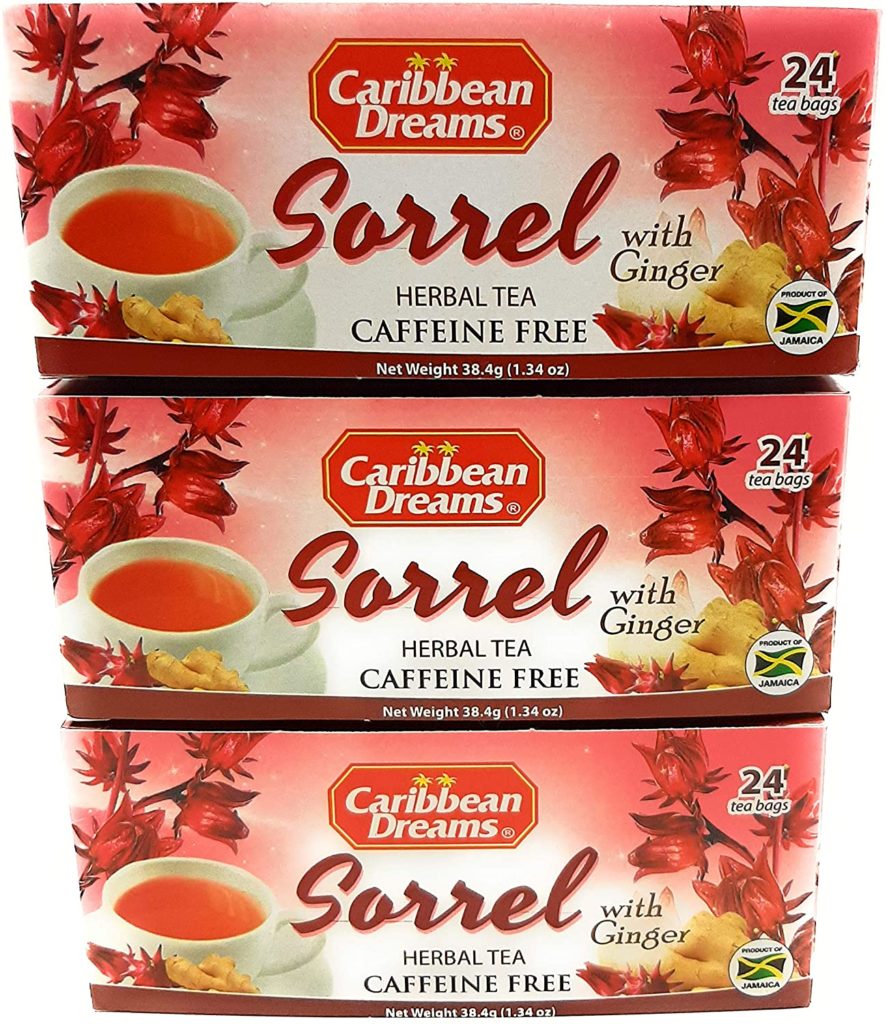

Drinking sorrel at Christmas has been a part of Jamaican tradition for many years. The flower buds of sorrel, mostly consumed for its taste, houses many health benefits as well.
Although it is popularly consumed as a beverage, did you know sorrel can be ingested in other ways? Other than a beverage, the leaves of the plant can be eaten in a salad or it can be used to make tea.
Boosts immunity
Vitamin C is a water-soluble nutrient that is known for fighting inflammations and strengthening the immune system. The sorrel plant is especially high in vitamin C and boasts other benefits such as: supporting the skin in its function as a barrier against pathogens, protecting the body against environmental oxidative stress and acting as ascorbic acid. Consuming sorrel can also help to prevent cold and flu.
Good source of iron
Sorrel houses a significant amount of iron which improves the red blood cell count in your body, preventing anaemia. From this, ripple effects are set in motion as there is an improvement in red blood cell production. The iron found in sorrel can also aid haemoglobin in carrying oxygen from the lungs to the rest of the body. This increased circulation of oxygen may result in a boost of hair growth, increased energy levels and a faster healing process.
Prevents heart disease
The sorrel plant has rich antioxidant properties able to reduce bad cholesterol. This maintains a healthy heart and prevents cardiovascular diseases.
Reduce menstrual cramps
Having sorrel as a tea prior to the beginning of your period cycle can help to relieve menstrual cramps.

Prevent cancer
Studies at the Northern Caribbean University have revealed that due to its high levels of flavonoids, which act as a deterrent toward certain types of cancers, sorrel is able to kill certain types of cancer cells.
Improves digestive health
Most varieties of sorrel contain dietary fibre, which improves the performance of one’s digestive system. Adding sorrel leaves to your salads or meals adds bulk to your food as it moves through your digestive system, which can, in turn, reduce constipation, bloating and diarrhoea. It can also improve gastrointestinal health.







Comments